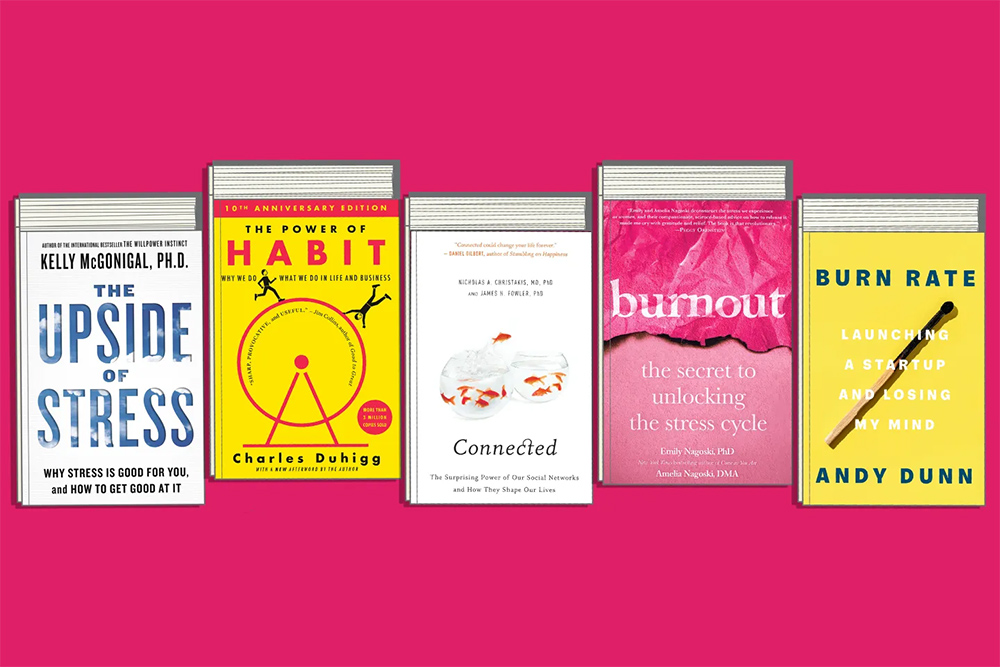
工作壓力是個(gè)普遍存在的問題,。2022年Zippia發(fā)布的一份報(bào)告顯示,,83%的美國勞動(dòng)者承受著與工作相關(guān)的壓力,其中25%表示工作是他們生活中最大的壓力來源,。持續(xù)處于承壓狀態(tài)會(huì)影響勞動(dòng)者的身心健康,,增加罹患心臟病等慢性疾病的風(fēng)險(xiǎn)。
無論你是正在忍受疲勞,、焦躁,、缺少工作動(dòng)力等職業(yè)倦怠癥狀之苦,還是因?yàn)樽约号c老板的關(guān)系而倍感壓力,,抑或是為缺乏目標(biāo)而苦惱,,都應(yīng)該讀點(diǎn)書來放松一下,建立一種更健康的工作關(guān)系,。
《財(cái)富》雜志邀請(qǐng)多位心理健康和職場文化專家,,為讀者推薦他們心中有助于疏解工作壓力,、消除職業(yè)倦怠和提高幸福感的好書。
其中排名前五的書籍如下,。
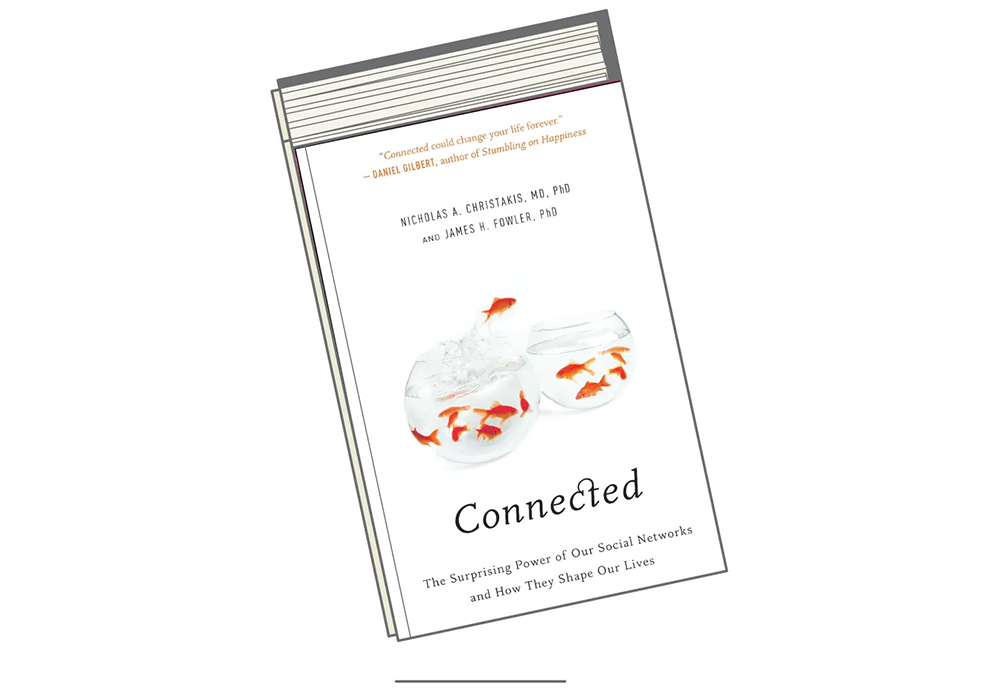
約翰·霍普金斯大學(xué)醫(yī)學(xué)院(Johns Hopkins Medicine)員工健康與幸福首席醫(yī)學(xué)主任,、《普通公司的良藥》(A Cure for the Common Company)一書作者理查德·薩菲爾博士說:“該書作者通過研究證明,我們的親朋好友,,無論是至親密友,,還是普通親友,都會(huì)對(duì)我們的身體和情緒健康產(chǎn)生廣泛而持久的影響,,這本書讓我意識(shí)到,,工作中周圍人的壓力(以及其他情緒)也會(huì)影響我自己的壓力水平。受本書(以及我的正念練習(xí))影響,,現(xiàn)在我可以更加敏銳地意識(shí)到他人情緒可能對(duì)我產(chǎn)生的影響,。 不過,現(xiàn)在我不像以前那樣容易被負(fù)面情緒所左右了,?!?/p>
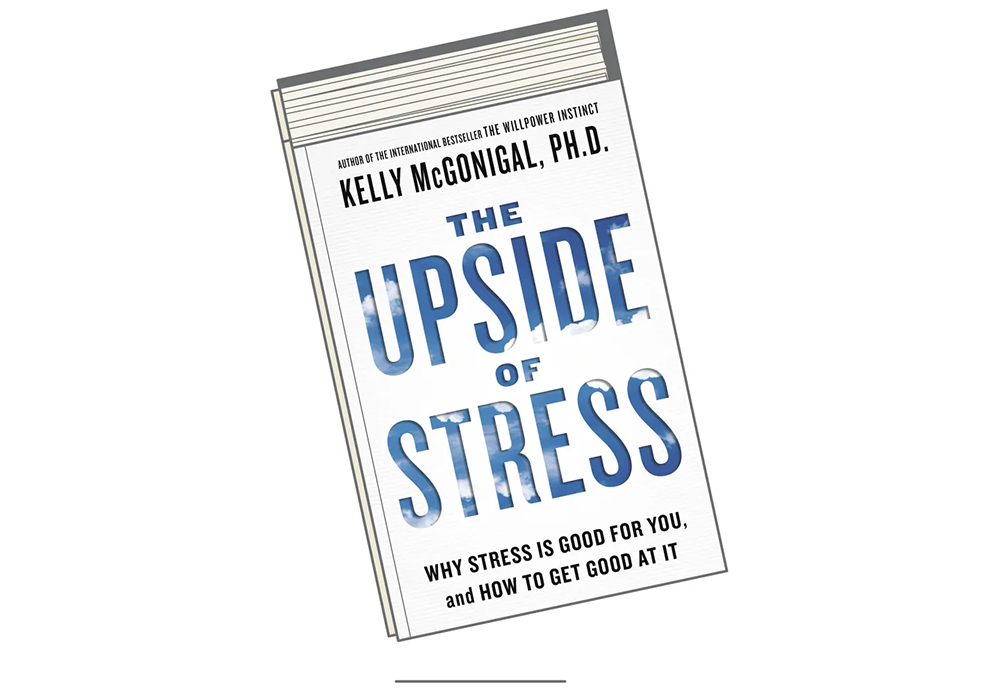
心理學(xué)家,、Headspace正念與冥想導(dǎo)師多拉·卡莫說:“我們?cè)谙氲綁毫r(shí),,往往會(huì)覺得它是一種負(fù)面的東西。但凱利·麥格尼格爾卻指出了壓力能給我們帶來的好處,,還告訴了我們?nèi)绾卫闷渲刑N(yùn)含的能量發(fā)揮積極作用?!?/p>
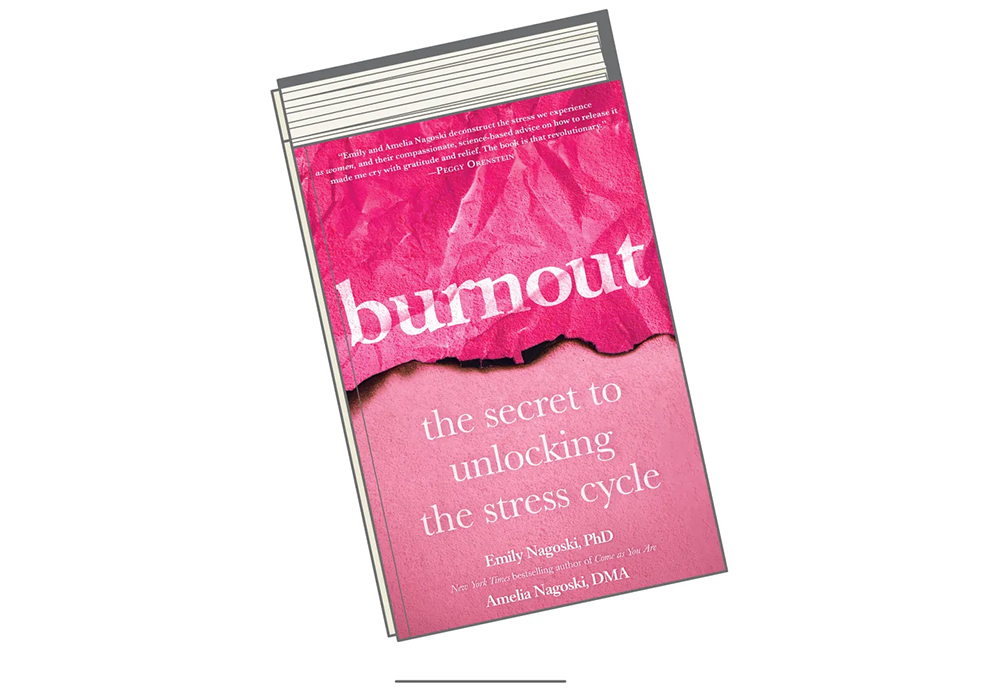
威廉斯堡治療小組(Williamsburg Therapy Group)心理學(xué)家納奧米·本·阿米說:“通過閱讀本書,讀者可以很好地了解如何更好地緩解生活中無處不在的壓力體驗(yàn),?!?/p>
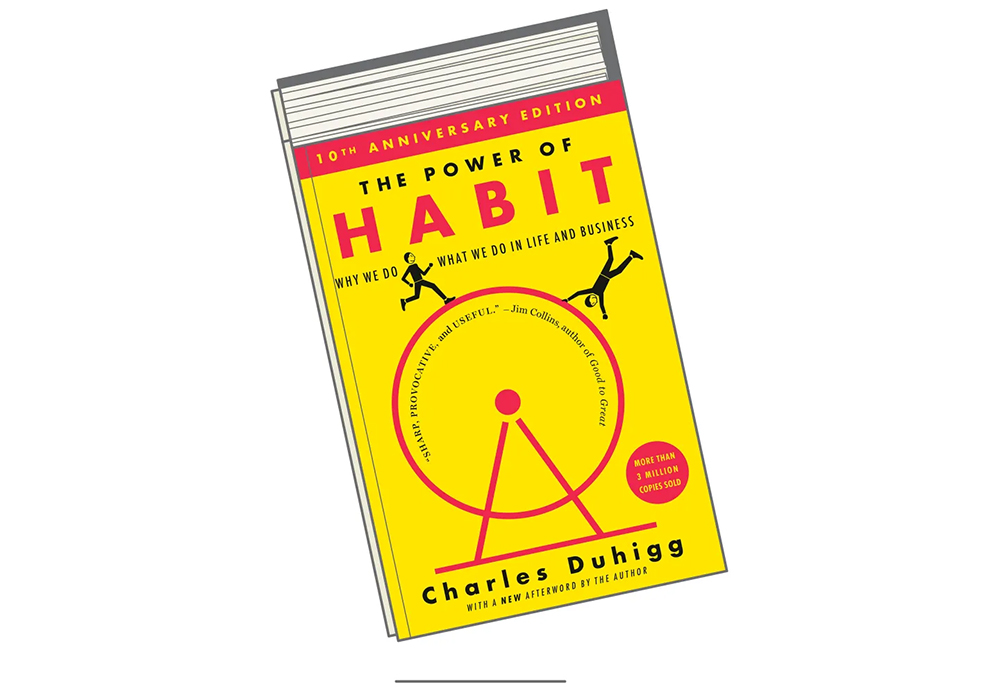
社會(huì)工作者,,同時(shí)也是“腳踩高跟向前進(jìn)”(Forward in Heels,,一個(gè)致力于為職場女性賦能的平臺(tái))創(chuàng)始人珍妮·馬恩帕說:“在與客戶討論如何改變生活習(xí)慣時(shí),我常會(huì)提到這本書,。該書用通俗易懂的語言介紹了相關(guān)研究成果和證據(jù),,告訴讀者為何我們明知某些習(xí)慣對(duì)身體有害,卻仍深陷其中無法自拔,,同時(shí)還說明了如何才能做出真正,、持久的改變?!?/p>
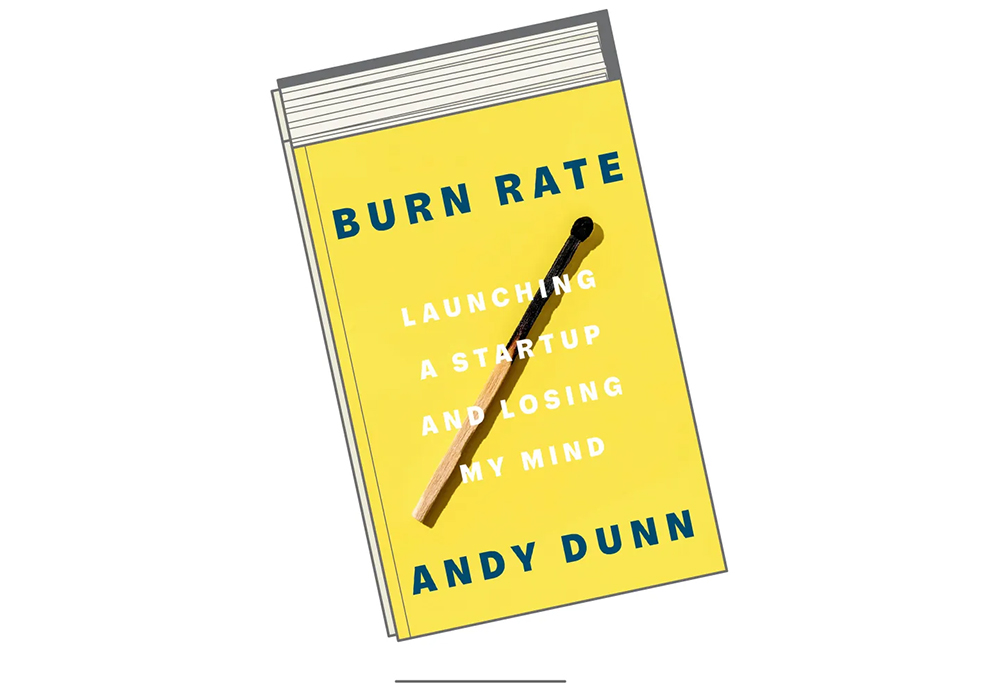
職場心理健康平臺(tái)Zeera的首席執(zhí)行官埃瑞拉·薩菲拉說:“在我讀過的描述創(chuàng)始人心路歷程的書中,,安迪·鄧恩的《燒錢》一書最誠實(shí)也最貼近實(shí)際,。它讓我更清楚地認(rèn)識(shí)到了自己與工作之間的關(guān)系,對(duì)自己的心理健康也有了更多重視,。讀過《燒錢》后,,我一直都很關(guān)心自己是否出現(xiàn)了職業(yè)倦怠和心理健康水平下降的跡象,而在發(fā)現(xiàn)相關(guān)跡象時(shí),,也是在這本書的推動(dòng)下我才真正做出了改變,。”(財(cái)富中文網(wǎng))
譯者:梁宇
審校:夏林
工作壓力是個(gè)普遍存在的問題,。2022年Zippia發(fā)布的一份報(bào)告顯示,,83%的美國勞動(dòng)者承受著與工作相關(guān)的壓力,其中25%表示工作是他們生活中最大的壓力來源,。持續(xù)處于承壓狀態(tài)會(huì)影響勞動(dòng)者的身心健康,,增加罹患心臟病等慢性疾病的風(fēng)險(xiǎn)。
無論你是正在忍受疲勞,、焦躁,、缺少工作動(dòng)力等職業(yè)倦怠癥狀之苦,還是因?yàn)樽约号c老板的關(guān)系而倍感壓力,,抑或是為缺乏目標(biāo)而苦惱,,都應(yīng)該讀點(diǎn)書來放松一下,建立一種更健康的工作關(guān)系,。
《財(cái)富》雜志邀請(qǐng)多位心理健康和職場文化專家,,為讀者推薦他們心中有助于疏解工作壓力、消除職業(yè)倦怠和提高幸福感的好書,。
其中排名前五的書籍如下,。
約翰·霍普金斯大學(xué)醫(yī)學(xué)院(Johns Hopkins Medicine)員工健康與幸福首席醫(yī)學(xué)主任、《普通公司的良藥》(A Cure for the Common Company)一書作者理查德·薩菲爾博士說:“該書作者通過研究證明,我們的親朋好友,,無論是至親密友,,還是普通親友,都會(huì)對(duì)我們的身體和情緒健康產(chǎn)生廣泛而持久的影響,,這本書讓我意識(shí)到,,工作中周圍人的壓力(以及其他情緒)也會(huì)影響我自己的壓力水平。受本書(以及我的正念練習(xí))影響,,現(xiàn)在我可以更加敏銳地意識(shí)到他人情緒可能對(duì)我產(chǎn)生的影響,。 不過,現(xiàn)在我不像以前那樣容易被負(fù)面情緒所左右了,?!?/p>
心理學(xué)家、Headspace正念與冥想導(dǎo)師多拉·卡莫說:“我們?cè)谙氲綁毫r(shí),,往往會(huì)覺得它是一種負(fù)面的東西,。但凱利·麥格尼格爾卻指出了壓力能給我們帶來的好處,還告訴了我們?nèi)绾卫闷渲刑N(yùn)含的能量發(fā)揮積極作用,?!?/p>
威廉斯堡治療小組(Williamsburg Therapy Group)心理學(xué)家納奧米·本·阿米說:“通過閱讀本書,讀者可以很好地了解如何更好地緩解生活中無處不在的壓力體驗(yàn),?!?/p>
社會(huì)工作者,同時(shí)也是“腳踩高跟向前進(jìn)”(Forward in Heels,,一個(gè)致力于為職場女性賦能的平臺(tái))創(chuàng)始人珍妮·馬恩帕說:“在與客戶討論如何改變生活習(xí)慣時(shí),,我常會(huì)提到這本書。該書用通俗易懂的語言介紹了相關(guān)研究成果和證據(jù),,告訴讀者為何我們明知某些習(xí)慣對(duì)身體有害,,卻仍深陷其中無法自拔,同時(shí)還說明了如何才能做出真正,、持久的改變,。”
職場心理健康平臺(tái)Zeera的首席執(zhí)行官埃瑞拉·薩菲拉說:“在我讀過的描述創(chuàng)始人心路歷程的書中,,安迪·鄧恩的《燒錢》一書最誠實(shí)也最貼近實(shí)際,。它讓我更清楚地認(rèn)識(shí)到了自己與工作之間的關(guān)系,對(duì)自己的心理健康也有了更多重視,。讀過《燒錢》后,我一直都很關(guān)心自己是否出現(xiàn)了職業(yè)倦怠和心理健康水平下降的跡象,,而在發(fā)現(xiàn)相關(guān)跡象時(shí),,也是在這本書的推動(dòng)下我才真正做出了改變?!保ㄘ?cái)富中文網(wǎng))
譯者:梁宇
審校:夏林
Work stress is a pervasive problem. A 2022 Zippia report found that 83% of U.S. workers suffer from work-related stress, with 25% saying their job is the top stressor in their lives. Unrelenting stress has mental and physical consequences, raising your risk for chronic conditions like heart disease.
Whether you’re struggling with the symptoms of burnout, such as fatigue, agitation, and a loss of motivation, are stressed about the dynamic between you and your boss, or are wrestling with a lack purpose, it may be time to do some light reading to build a healthier relationship with work.
Fortune asked a range of mental health and workplace culture experts to recommend their go-to books that can help you reframe work stress, combat burnout, and feel happier.
Here are their top five.
“Connected: The Surprising Power of Our Social Networks and How They Shape Our Lives” by Nicholas A. Christakis, MD PhD and James H. Fowler, PhD
“The authors demonstrate through research results, the broad and lasting impact our friends and family members, both immediate and those more distant from our inner circle, play on our physical and emotional health,” says Dr. Richard Safeer, the chief medical director of employee health and well-being at Johns Hopkins Medicine and author of A Cure for the Common Company. “This book opened my mind to the idea that the stress (and other emotions) of those around me at work was impacting my own stress levels. In part due to this book (and my mindfulness practice), I’m much more acutely aware of how the emotions of others might impact me. However, now I am much less likely to let the negative emotions cause me to feel the same.”
“The Upside of Stress: Why Stress Is Good for You, and How to Get Good at It” by Kelly McGonigal
“When we think of stress, we usually think of it as being a negative thing, but Kelly McGongial speaks to the benefits of stress and how we can channel this energy for good,” says Dora Kamau, a psychologist, and mindfulness and meditation instructor at Headspace.
“Burnout: The Secret To Unlocking The Stress Cycle” by Emily Nagoski, PhD and Amelia Nagoski, DMA
“This book gives readers a good sense of how to better mitigate the pervasive experience of stress in our lives,” says Naomi Ben-Ami, a psychologist with the Williamsburg Therapy Group.
“The Power of Habit: Why We Do What We Do in Life and Business” by Charles Duhigg
“I refer to this book often when talking to clients about making habit changes in their lives. This book uses easily accessible language to describe the research and evidence behind why we get stuck in certain habits even when we know they are bad for us, and how to make real, lasting changes,” says Jenny Maenpaa, a social worker and founder of Forward in Heels, a platform to empower women at work.
“Burn Rate: Launching A Start Up And Losing My Mind” by Andy Dunn
“Andy Dunn‘s Burn Rate was the most honest, raw depiction of a founder’s journey I’ve read. It put my relationship with work in greater perspective and resulted in me taking my own mental health more seriously,” says Ariela Safira, CEO of Zeera, a workplace mental health platform. “Reading Burn Rate has motivated me, to this day, to pay attention to my own signs of burnout and mental health decline; and it has compelled me to actually make a change when I notice those signs.”






